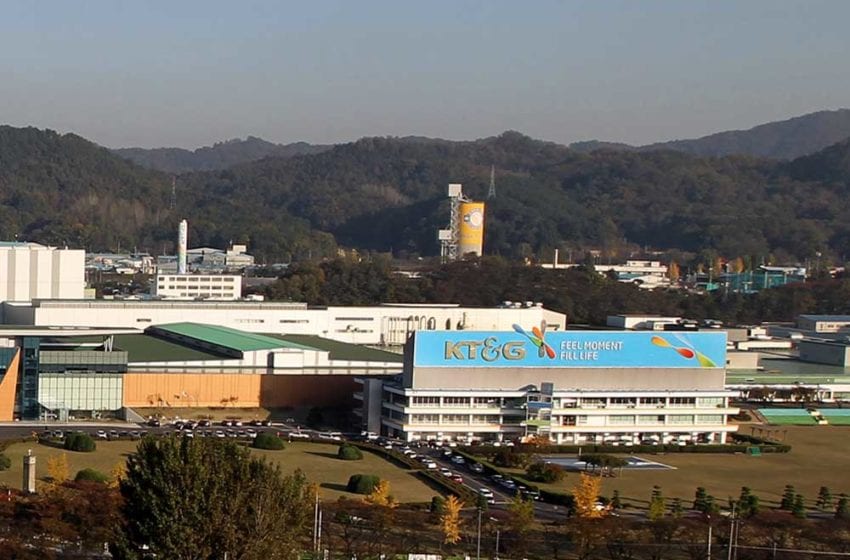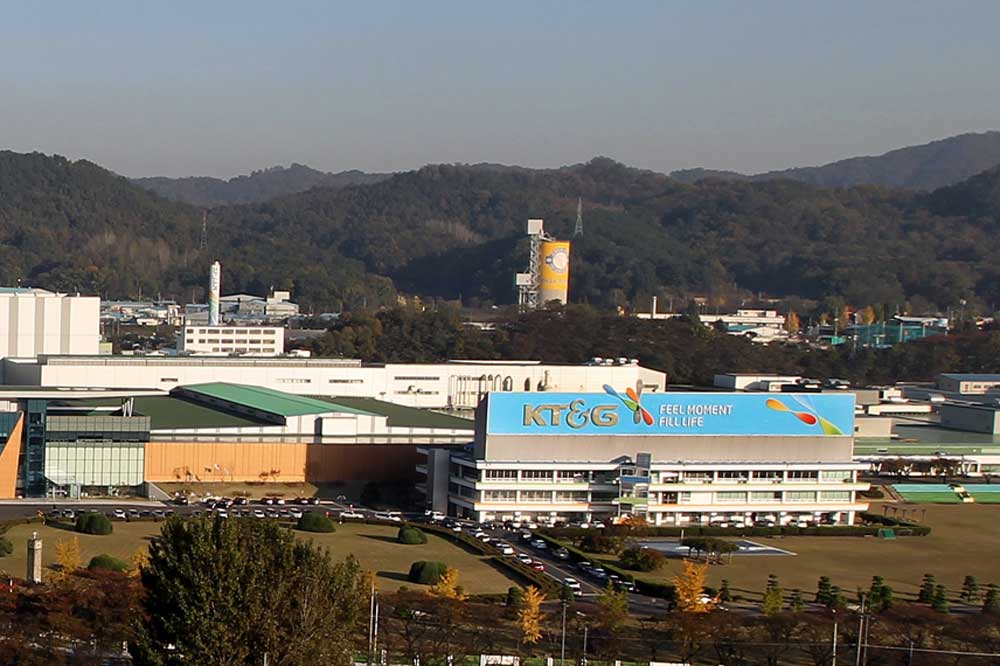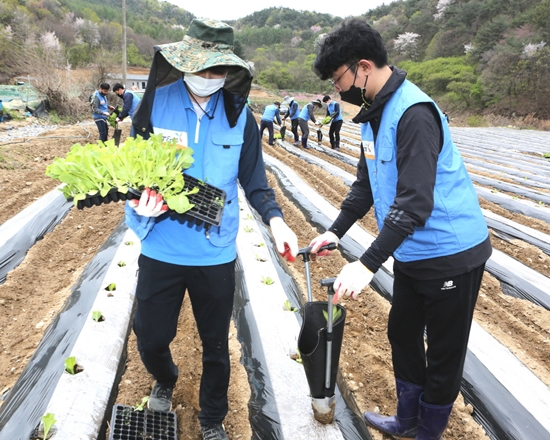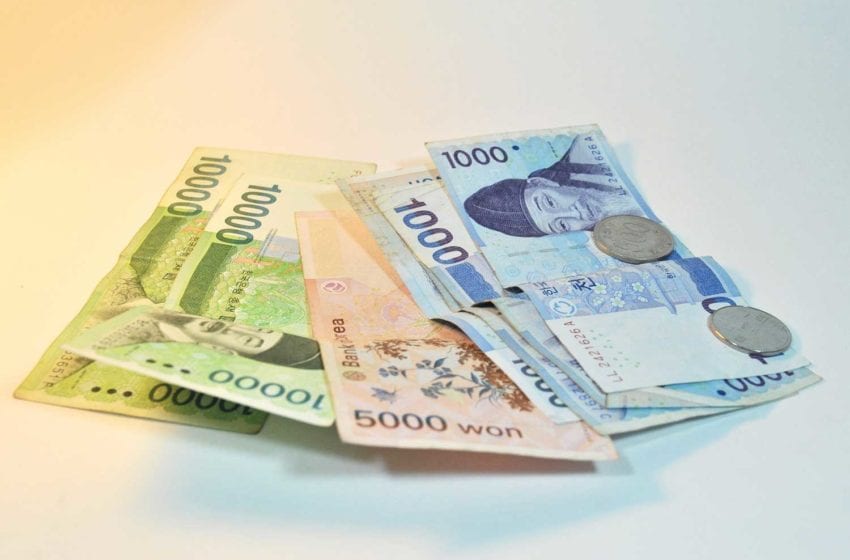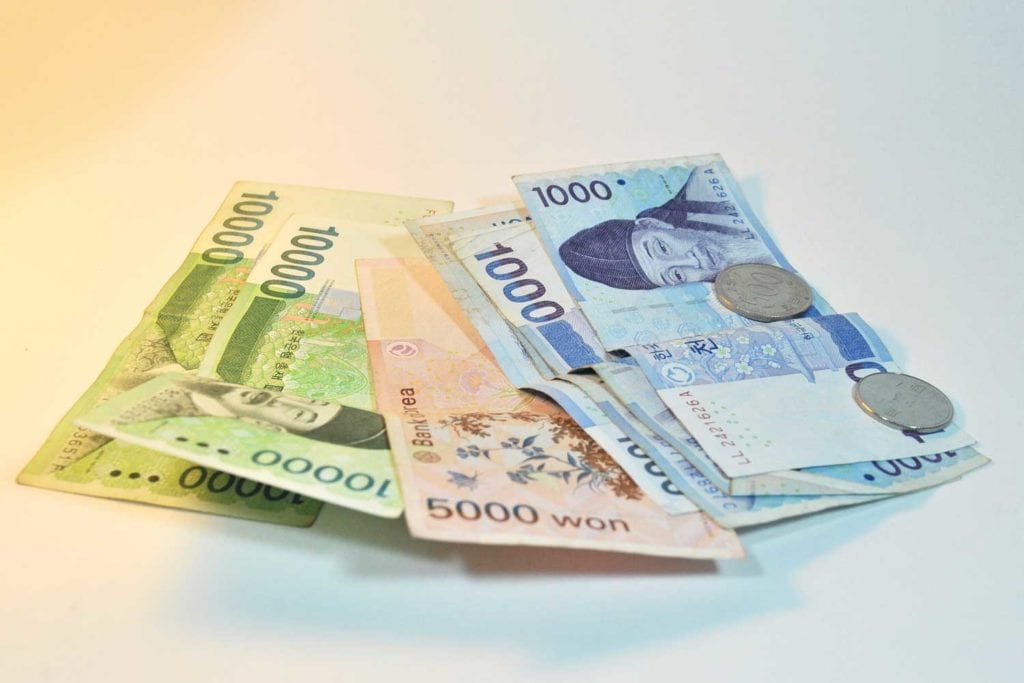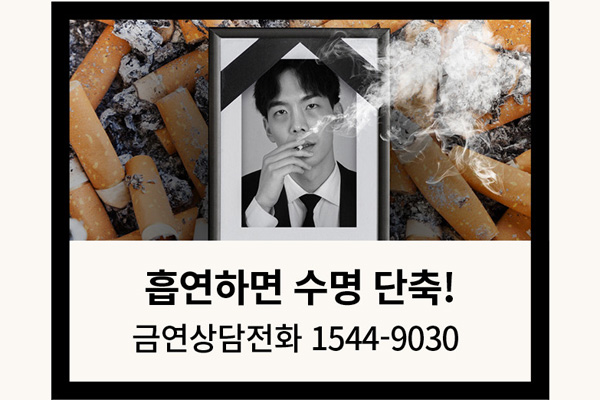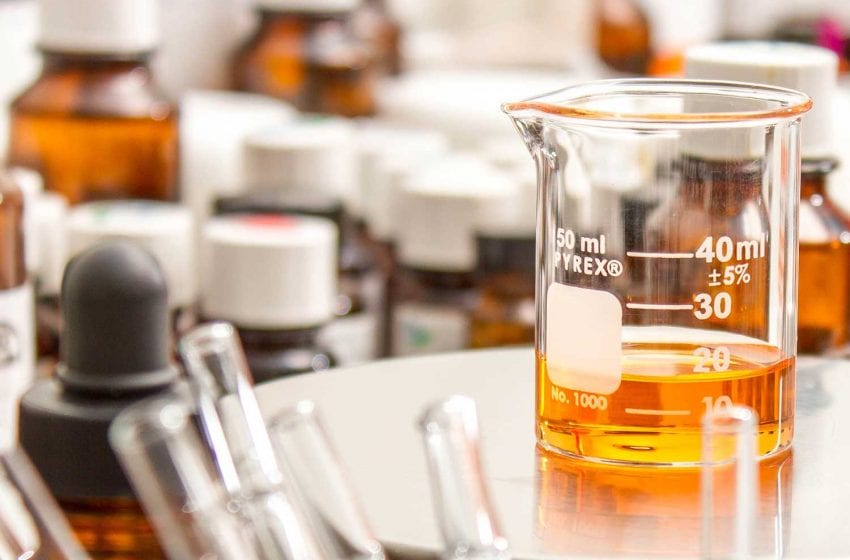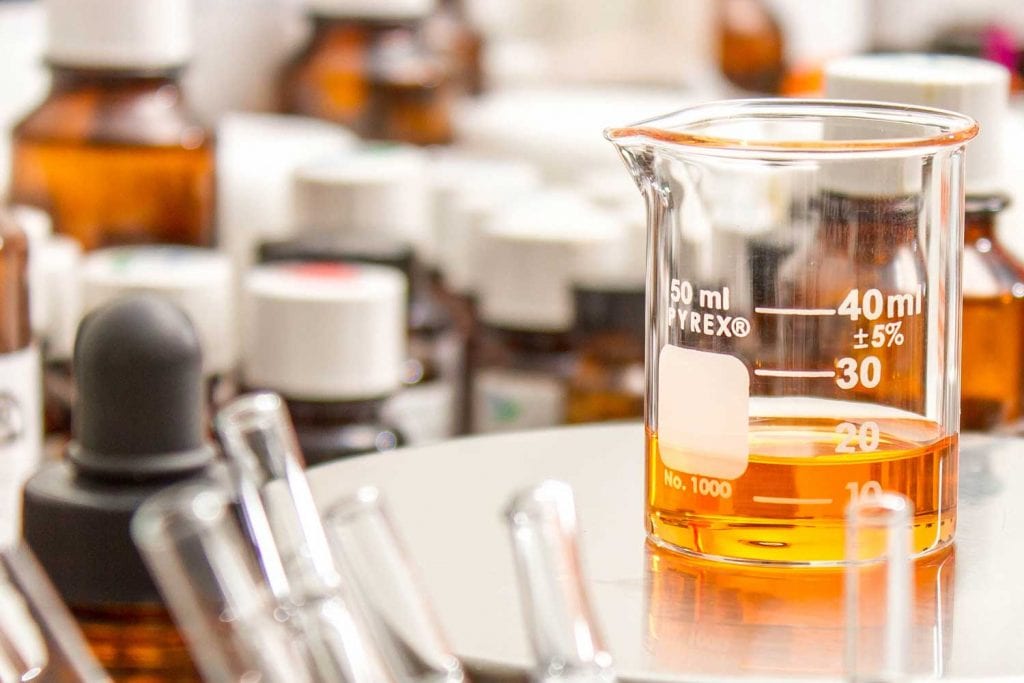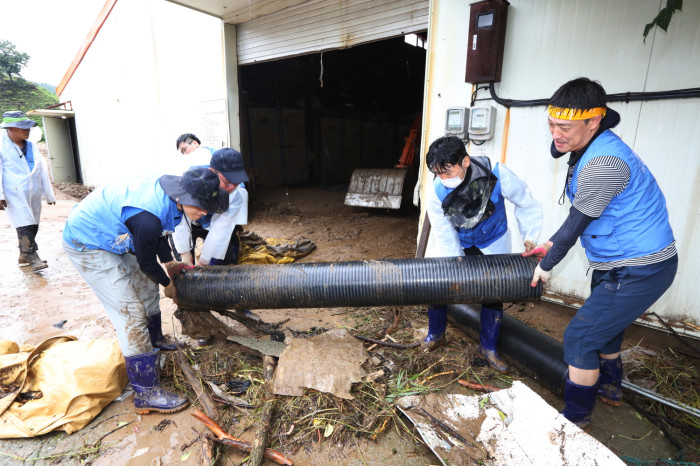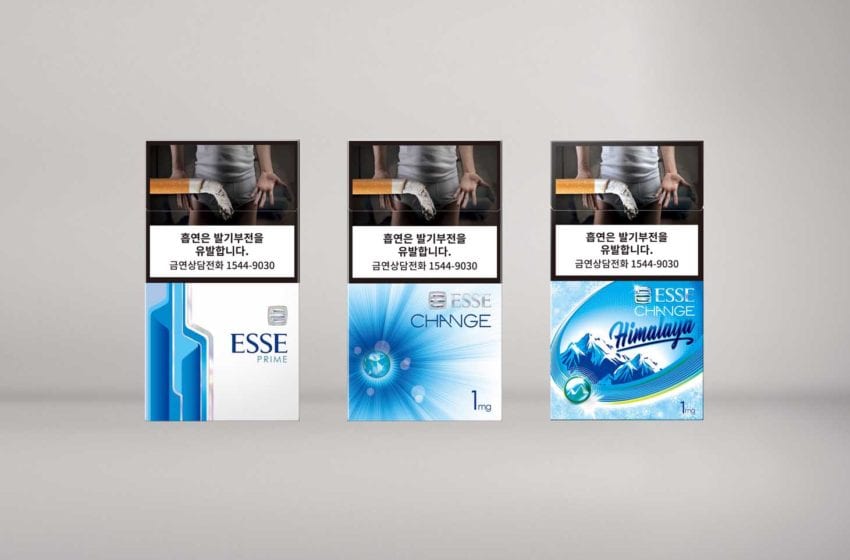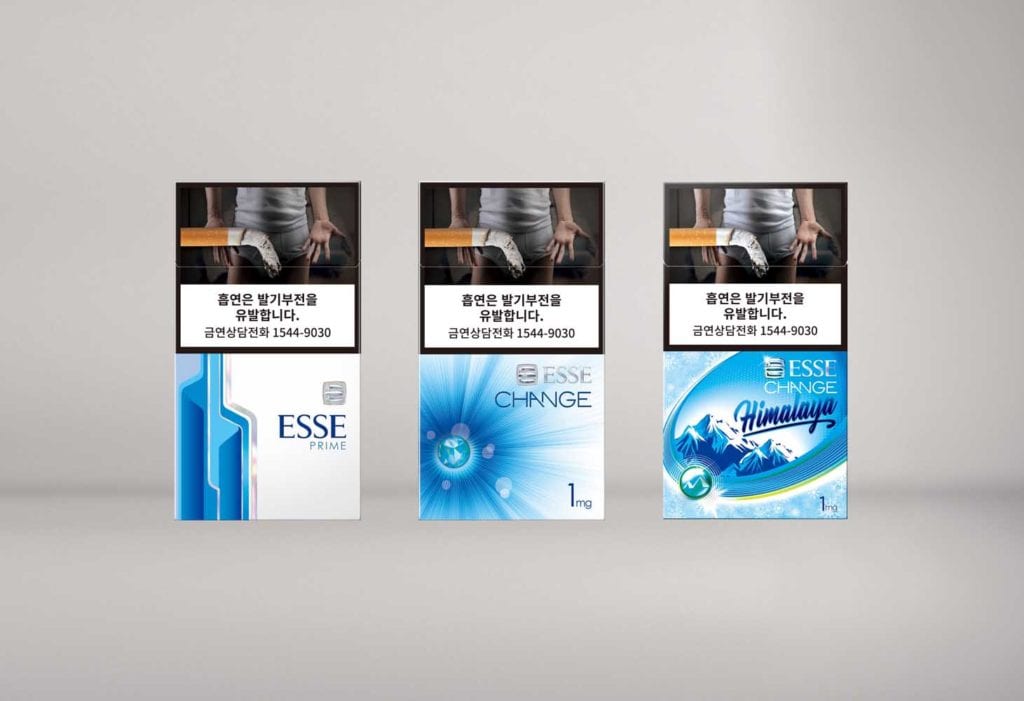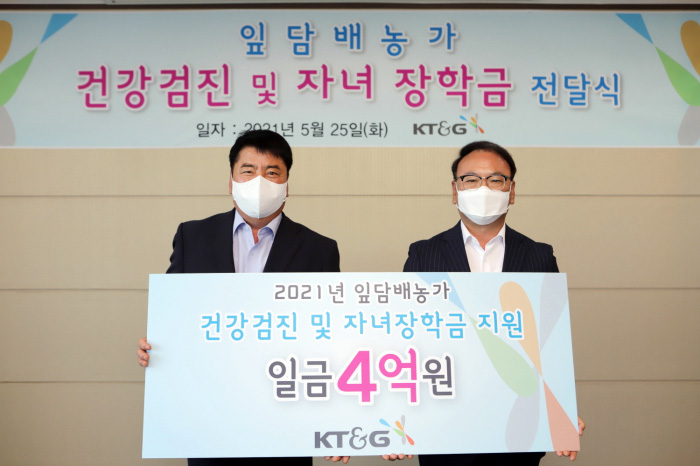
(Photo: KT&G)
KT&G delivered KRW400 million ($358,338) in welfare-promotion funds to continue its co-prosperity program with domestic leaf tobacco farmers. The contribution will be used to cover medical examination costs for 960 elderly leaf tobacco farmers and to provide scholarships to 85 children from farming families.
According to KT&G, farmers are struggling to secure labor due to the continued decline in the rural population and the Covid-19 crisis. Leaf tobacco cultivation is labor intensive due to difficulties in mechanizing, and tobacco farmers are generally older than other farmers, requiring greater attention to healthcare.
KT&G has been providing welfare support to leaf tobacco farmers annually since 2013. Thus far this year, the company has donated KRW2.85 billion. Nearly 8,000 farmers have received medical checkup fees and scholarships for their children.
As part of its ESG management, KT&G has initiated various projects to help its farmers. KT&G says it is the only domestic tobacco company that purchases its farmers’ entire harvests to protect their livelihoods. In addition, each year, company employees volunteer to help farmers with leaf tobacco transplantation and harvest. Also, KT&G pays 30 percent of each farmer’s sales in cash up front.
“We are continuing the project to support farmers’ welfare to solve their difficulties and provide practical help,” said Shin Song-ho, head of KT&G’s raw materials division, in a statement. “I hope this support will help farmers improve their health and economic conditions. We will continue to give back to society.”

